The Deputy Prime Minister emphasized that sustainable development must be associated with inclusive development on all three pillars: Sustainable economic development, Sustainable social, cultural and human development and Sustainable environmental development. " All businesses, regardless of size or sector, have opportunities, positions, potentials and promise to contribute to the current global green race for sustainable development, " he said.
The Deputy Prime Minister also shared that the Government will continue to direct the synchronous implementation of solutions to promote sustainable development goals in all areas. Positive actions and policies for nature will be integrated into strategies, plans and investment policies in each economic and social sector.
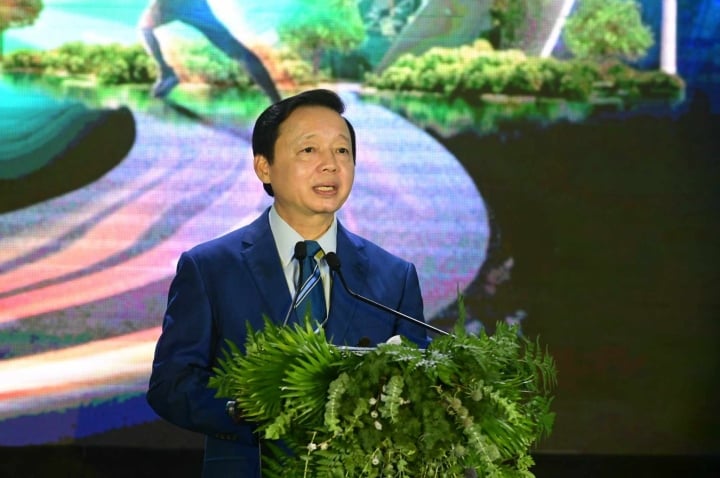
Deputy Prime Minister Tran Hong Ha gave a speech at the forum.
Previously, a representative of the World Bank (WB) analyzed: Vietnam has the aspiration to become a high-income economy by 2045, with an average GDP per capita growth rate of 5.5%/year and average income increasing 3.5 times the current level.
To deliver the desired income growth, Vietnam is undergoing a strong structural transformation, with the share of agriculture in GDP falling from over 40% in the late 1980s to below 20% in recent years. Services accounted for 41.3% in 2022. More than 40 million people escaped poverty between 1990 and 2014. Extreme poverty (US$1.90 per day) fell from 50% in 1993 to below 3% today.
However, along with economic growth, Vietnam has had the fastest growth in energy and emissions. Over the past two decades, Vietnam has been one of the countries with the fastest growing per capita greenhouse gas (GHG) emissions in the world.
“From 2000 to 2015, CO2 emissions increased nearly fourfold, Vietnam’s greenhouse gas emissions are linked to toxic air pollution, affecting health and labor productivity. The electricity sector is the largest source of greenhouse gas emissions in Vietnam, followed by industry and transportation,” the WB said.
Ms. Pham Minh Thao, Director of WWF-Vietnam Sustainable Development Program, also said that the situation of natural disasters and environmental pollution in Vietnam is increasingly serious and needs to be resolved soon. Abnormal weather and climate changes in many urban areas, especially in mountainous areas such as the Central Highlands and the Northwest, which were considered to never happen, have occurred frequently in recent years, posing a great risk to human life.
To enhance resilience to extreme events, Ms. Thao said that Vietnam needs to build capacity for prevention, emergency management, industry development as well as risk management and learning mechanisms to manage risks sustainably for the future.
“First of all, we must reduce emissions into the environment, limit deforestation, waste burning, and the discharge of solid waste and plastic into the environment. At the same time, we must increase recycling solutions associated with green production,” said Ms. Thao.
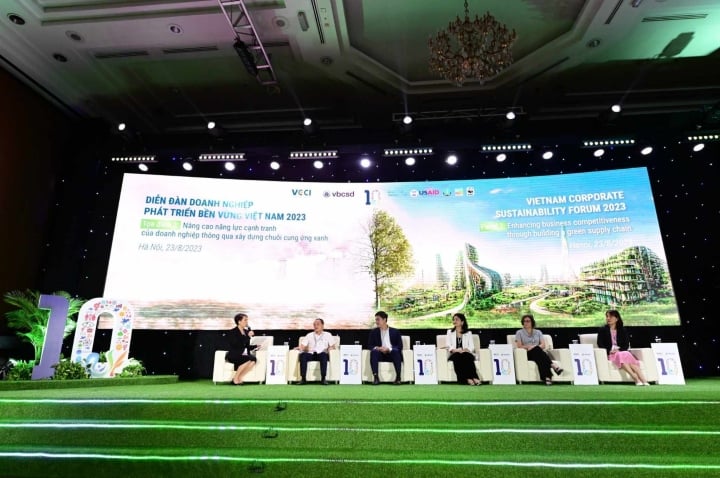
Guests attending the forum.
Mr. Nguyen Quang Vinh, Vice President of VCCI, stated: Business models for nature - businesses that create positive impacts on the environment are one of the most optimal solutions for the goal of sustainable business development, thereby contributing to the common prosperity of the country.
Faced with the demands of sustainable development, the business community needs to redefine corporate success not only in terms of financial figures but now also in terms of the ability to adapt, withstand and recover from unprecedented challenges. " Businesses need to link their long-term success and growth with the sustainable benefits of the community, society and environment, " said Mr. Vinh.
PHAM DUY
Source



![[Photo] President Luong Cuong attends the inauguration of the international container port in Hai Phong](https://vphoto.vietnam.vn/thumb/1200x675/vietnam/resource/IMAGE/2025/5/13/9544c01a03e241fdadb6f9708e1c0b65)
![[Photo] President Luong Cuong awarded the title "Heroic City" to Hai Phong city](https://vphoto.vietnam.vn/thumb/1200x675/vietnam/resource/IMAGE/2025/5/13/d1921aa358994c0f97435a490b3d5065)
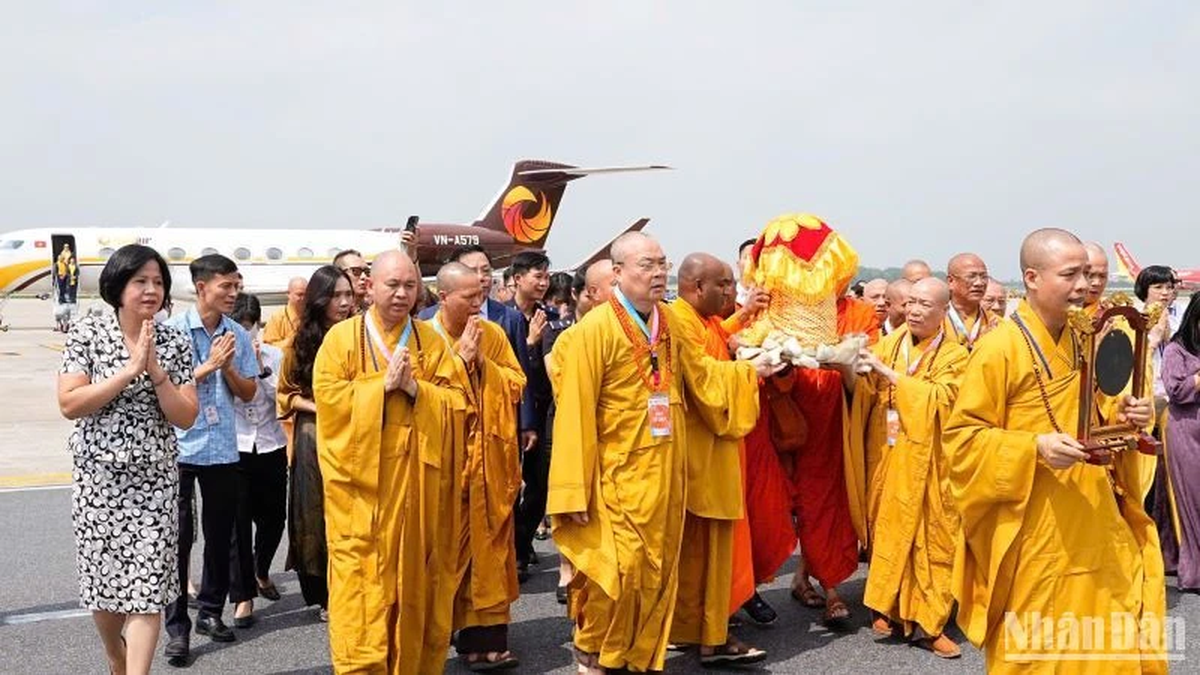
![[Photo] Prime Minister Pham Minh Chinh receives Ambassador of the French Republic to Vietnam Olivier Brochet](https://vphoto.vietnam.vn/thumb/1200x675/vietnam/resource/IMAGE/2025/5/13/f5441496fa4a456abf47c8c747d2fe92)
![[Photo] Many people in Hanoi welcome Buddha's relics to Quan Su Pagoda](https://vphoto.vietnam.vn/thumb/1200x675/vietnam/resource/IMAGE/2025/5/13/3e93a7303e1d4d98b6a65e64be57e870)




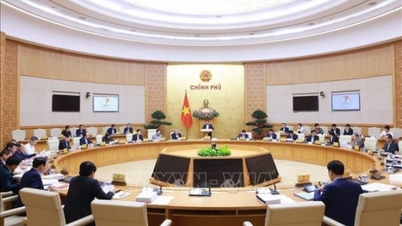
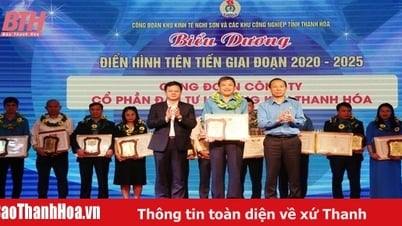
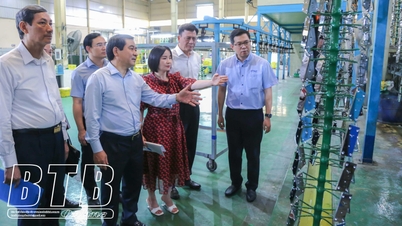





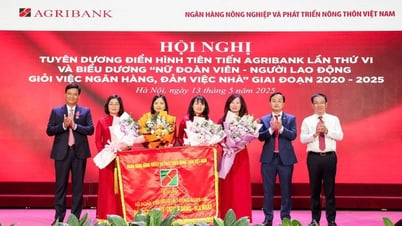
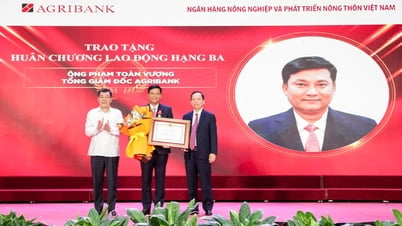
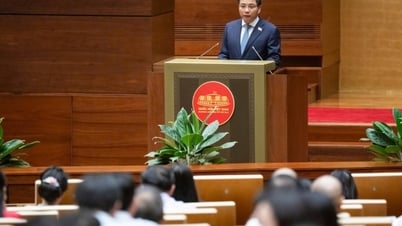

























































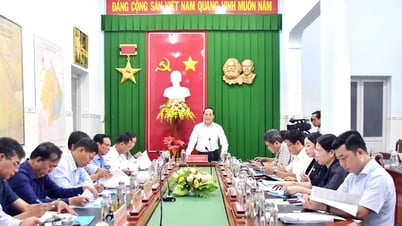


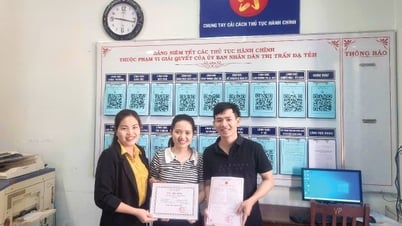

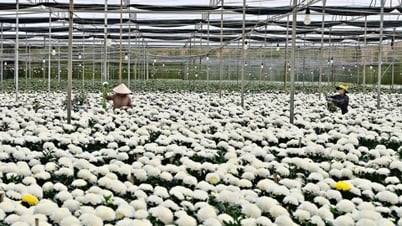
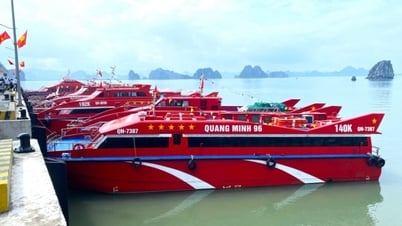











Comment (0)